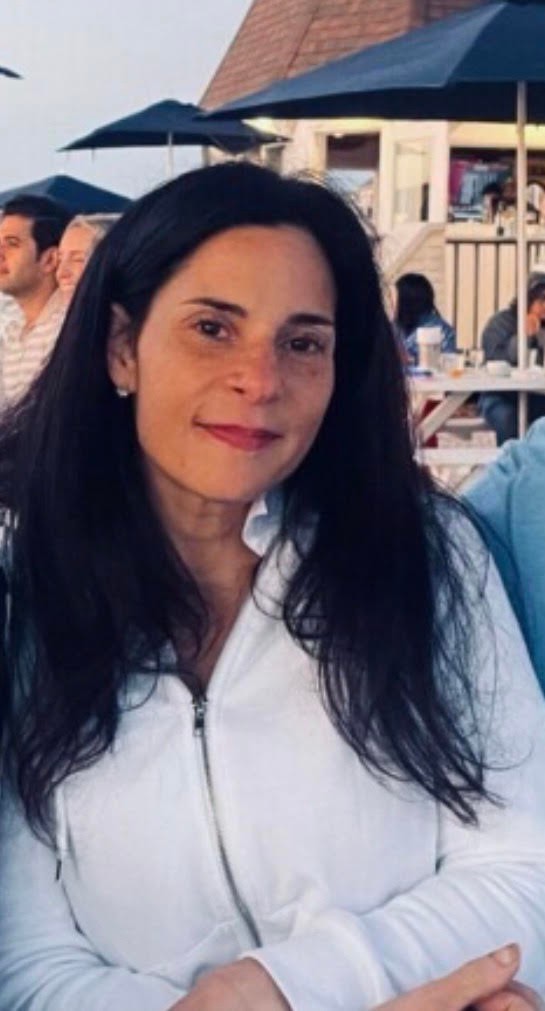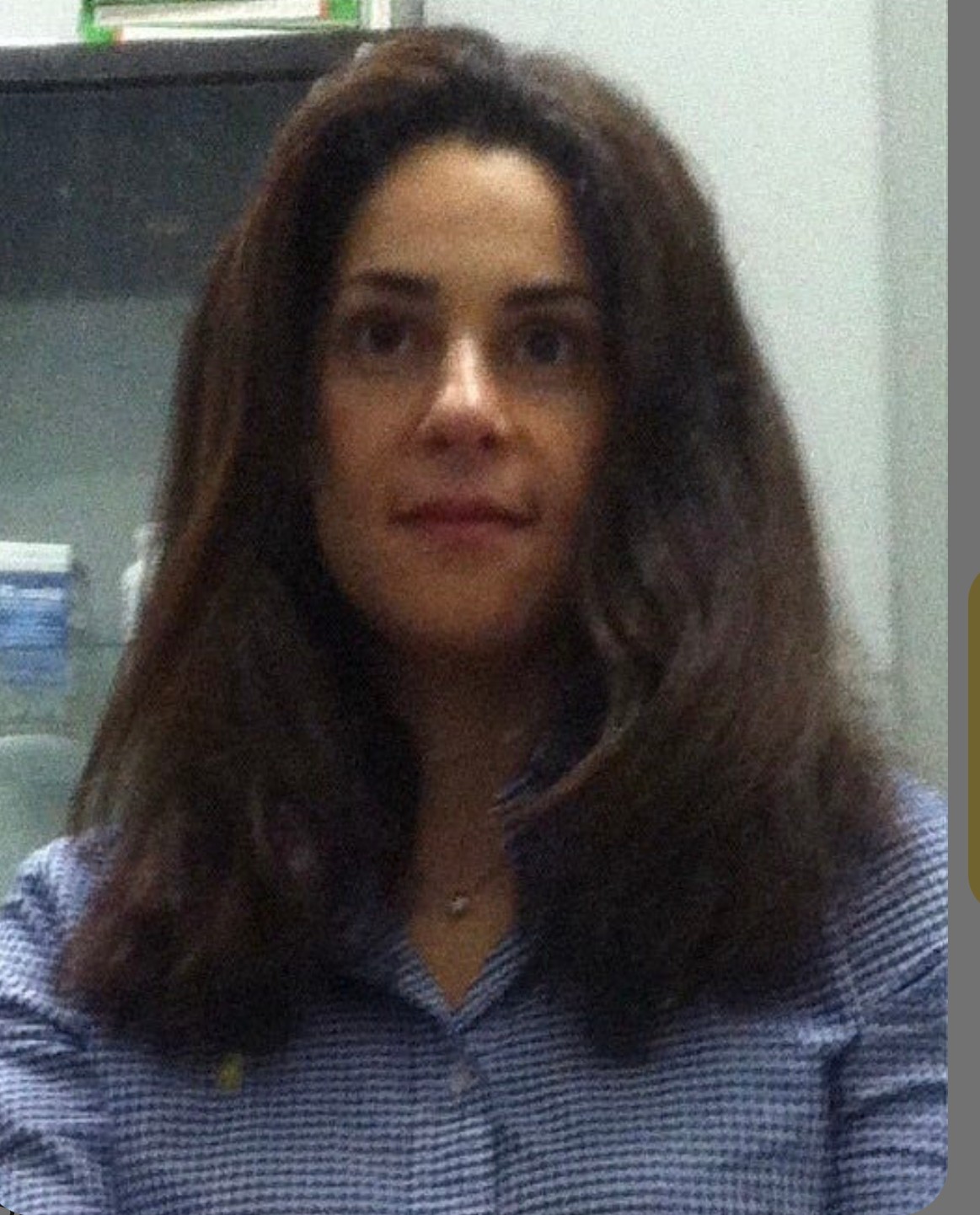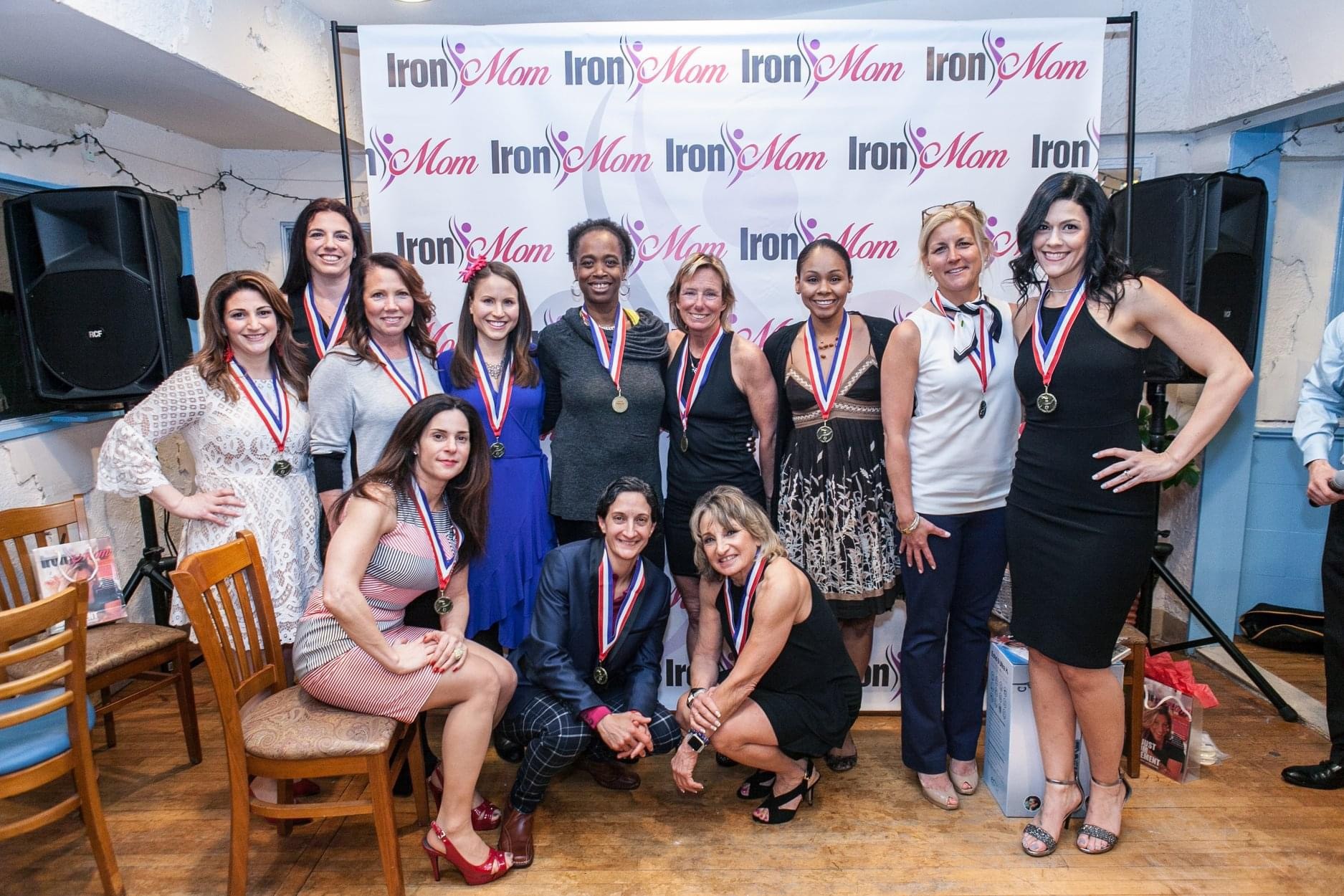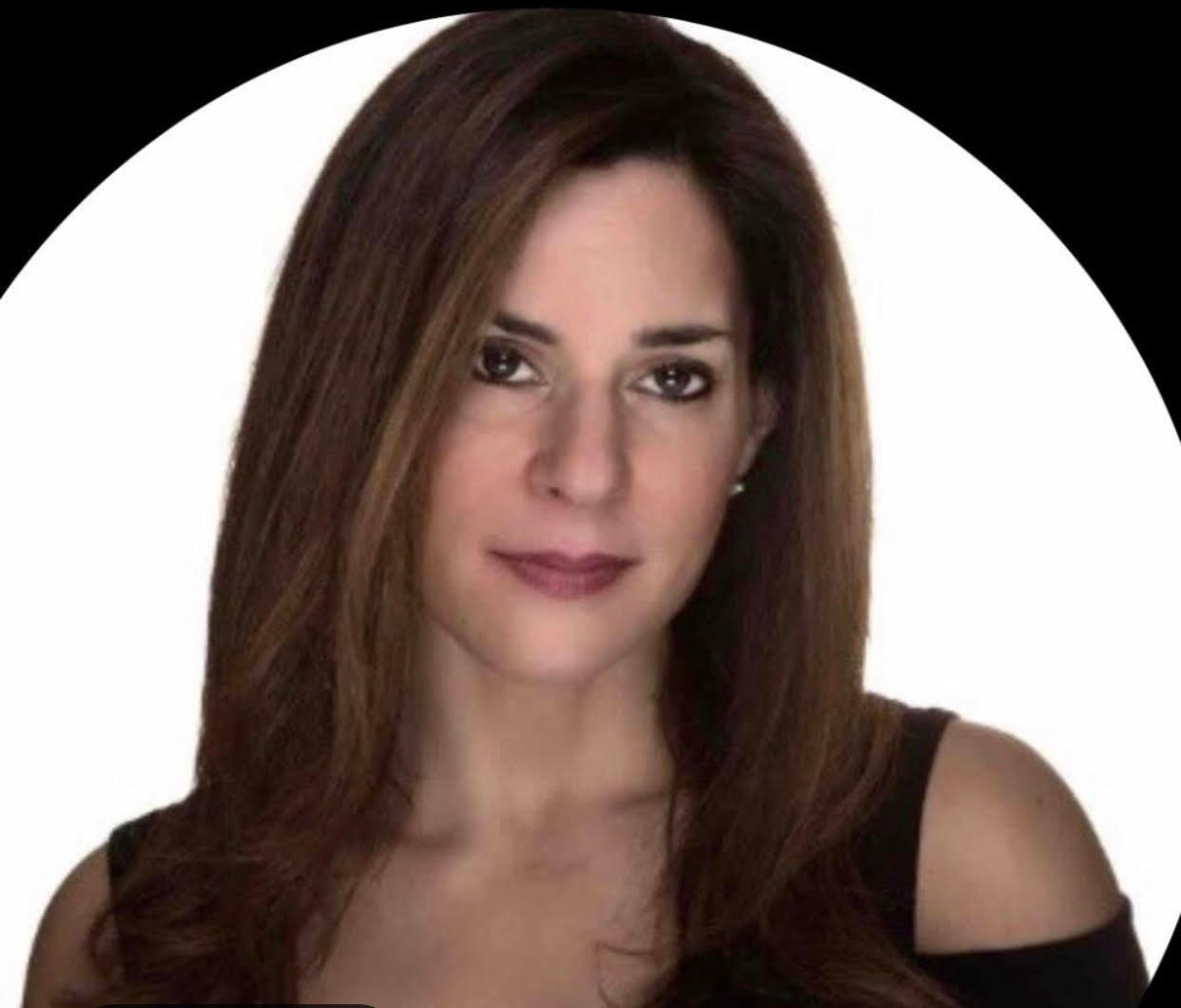We recently connected with Valerie Goldstein and have shared our conversation below.
Valerie , appreciate you joining us today. Was there a defining moment in your professional career? A moment that changed the trajectory of your career?
As a registered dietitian working for Dr. Atkins, a well known critic and hater of conventional nutrition practice, was a game changer for both my personal life and professional career.
I was a vegetarian when I chose to work at the Atkins Center for Complementary Medicine. After using a high saturated fat low carbohydrate diet in clinical practice and witnessing the therapeutic value food has on wellness was truly unexpected given 6 years of college, a masters from NYU, and months of hospital training. I never understood; How could all this training be void of this very valuable health supporting nutritional treatment that enhances the value of medical nutritional therapy?



Awesome – so before we get into the rest of our questions, can you briefly introduce yourself to our readers.
“One cannot think well, love well, sleep well, if one has not dined well.” A quote by Virginia Wolf and a problem the world faces. We all eat and what we eat personally influences our moods, relationships, productivity, and quality of life. Empathy along with 30 years of working with thousands of clients, and authoring multiple books is what drives successful health, weight and energy outcomes for those who I work with as a registered dietitian and certified diabetes educator.
I have built my reputation with a wholistic approach to wellness focusing on a client centric team approach. If you are interested in getting to know me, visit me at Eating to Fuel Health, https://eatingtofuelhealth.com, or www.linkedin.com/in/valeriegoldsteinrd.
What you eat should be fun and enjoyable, not a chore or an obsession. No matter who you are (an athlete, CEO, teacher, student) eating well can give you a competitive advantage in life.
I ventured into nutrition with a fascination of how food affects health and performance. As I completed my Masters of science at New York University and clinical training at Mount Sinai Beth Israel in Manhattan, I graduated as a Registered Dietitian understanding the medical and conventional aspects of health and disease. Then, furthered my nutritional niche as a Certified Diabetes Educator.
When offered the opportunity of a lifetime, working with the antithesis of everything nutrition, Dr. Atkins, I took it. While he was infamous for his fat laden diet that was sure to induce a heart attack; His medical practice in NYC, The Atkins Center for Complementary Medicine thrived. My fascination with functional medicine superseded any questions I had regarding a low carbohydrate diet.
Using the Atkins diet as a medical nutrition therapy opened many doors not solely related to nutrition. The work experience broadened my understanding of politics, marketing and business while my expertise in nutrition expanded to include research and functional medicine. In fact, this all led to my work with Rodale, Men’s Health, and my first book “The Stubborn Fat Fix.”
Had I not been curious or able to see outside the box, my professional growth and experiences would have followed a traditional more limited journey. So find your passion, dare to be different, go against the grain and continually grow.



What do you think helped you build your reputation within your market?
Trust, tenacity, and a strong work ethic. If you say it do it. Set expectations. When you make a promise, overdeliver. Never be sloppy or hasty. Beyond business and what sounds good on paper, never burn a bridge, establish strong relationships.
Learning and unlearning are both critical parts of growth – can you share a story of a time when you had to unlearn a lesson?
I always believed doing the right thing is all that matters but the definition of the right thing is dynamic for each situation. Circumstances and environmental situations along with many different variables make the term “right” a fluid term that has to change based on individual needs.
As a healthcare provider, mother, and businesswoman, I have encountered obstacles in life because everyone is doing what they believe is right. One work example, a diabetic patient proudly announces they ate according to what experts emphasize to be a healthy diet 65% carbs (whole grains, fruit, low-fat dairy, pretzels), 20% fat or less (cooking oil, avocado), 15% protein (peanut butter, tofu). However, what is right in this situation is to balance nutrients and consume foods that do not affect blood sugar. Carbohydrates, unlike fat and protein, trigger blood sugar spikes so eating 65% of calories from carbohydrates is not the right diet for a person trying to control blood sugar and maximize health. Food cost, culture, and religious traditions are more considerations of what makes eating well right for each individual.
Contact Info:
- Website: https://eatingtofuelhealth.com/
- Linkedin: www.linkedin.com/in/valeriegoldsteinrd


